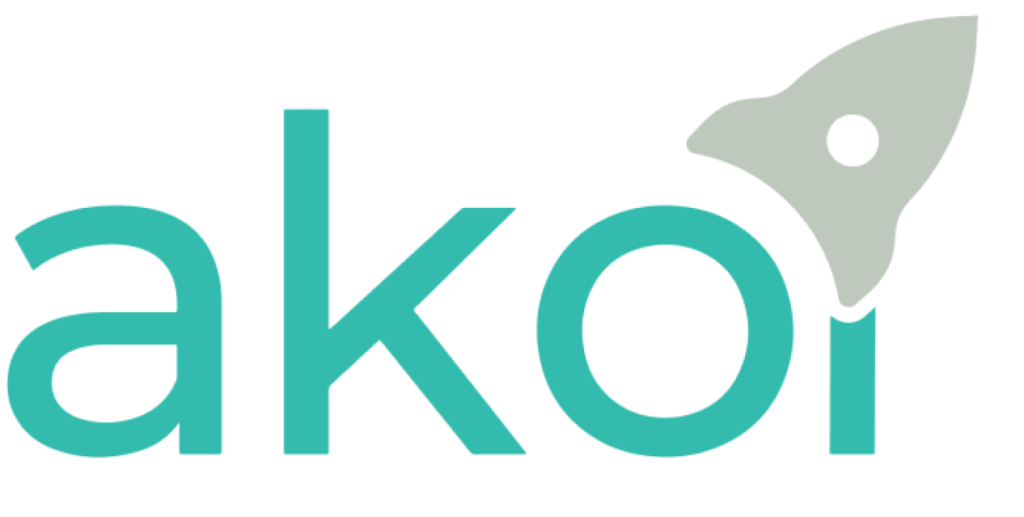Mark Zuckerberg’s Big Update: How Meta’s New Direction Shapes the Future of Social Media
Imagine a social media world where you have more control, fewer restrictions, and better tools to understand the truth. That’s the future Mark Zuckerberg painted in his latest announcement about Meta. Yes, Mark Zuckerberg, CEO of Meta, announced on January 7, 2025, that the company will end its third-party fact-checking program on Facebook and Instagram […]
Mark Zuckerberg’s Big Update: How Meta’s New Direction Shapes the Future of Social Media Read More »


